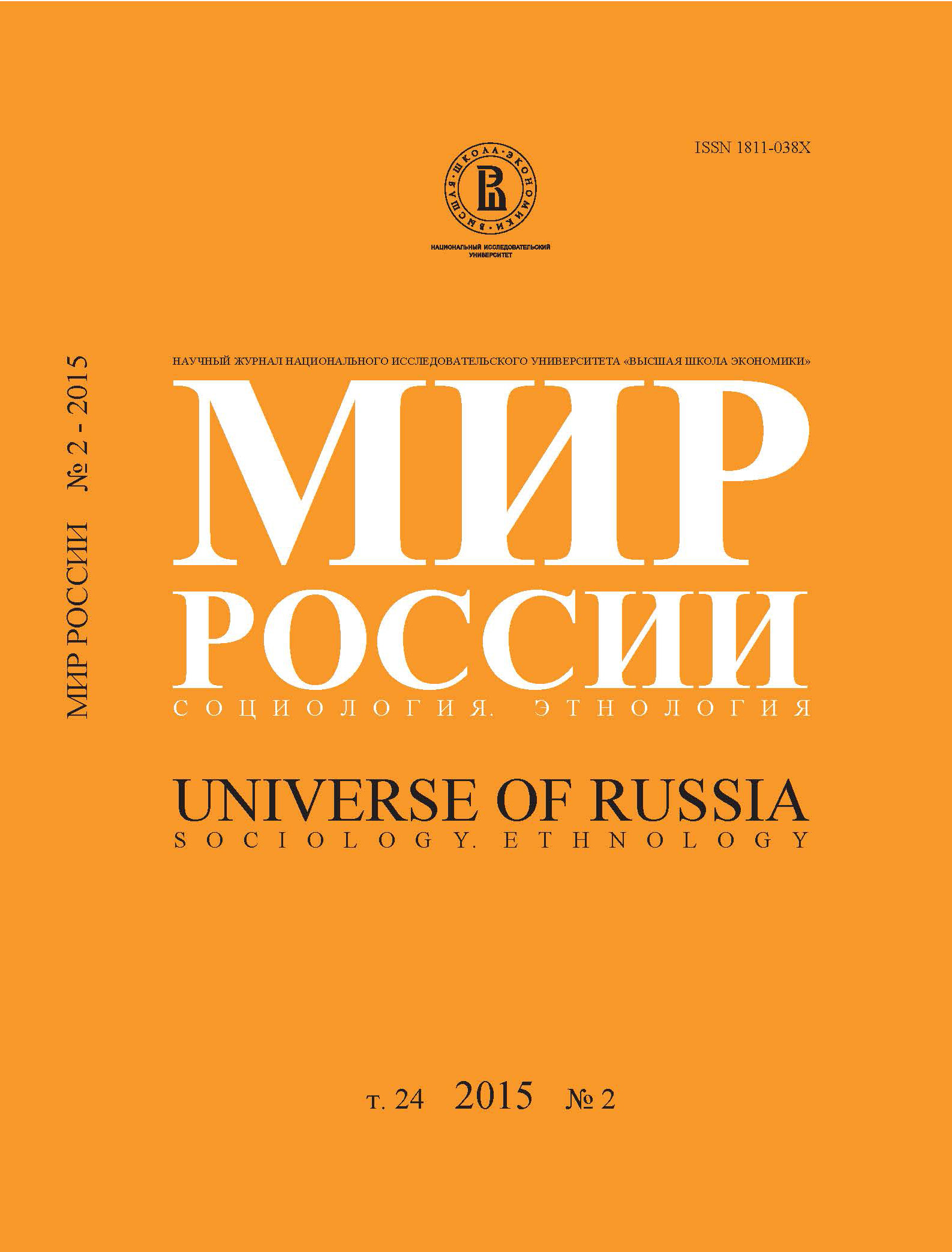Russian Work Culture as a Factor of Creativity in Professionals
Abstract
Sergey Korotaev — Trainee Researcher, Laboratory for Comparative Analysis of Post-Socialist Development, Higher School of Economics. Address: 20 Myasnitskaya St., Moscow, 101000, Russian Federation. E-mail: Sergey_a.k@mail.ru
National labour and management culture is one of the key factors that foster or hinder economic development in the context of globalization and the resulting division of labour in the global economy. Some commentators argue that Russian labour and management culture is incompatible with the challenge of fostering innovation-driven development. However, the existing empirical research on the creativity of Russian professionals provides, at best, very mixed support for such claims. This article re-investigates this issue from a critical perspective. The re-investigation is based on a review of existing studies about Russian labour and management culture and highlights some of the inconsistencies and contradictions.
My analysis shows that Russian culture can constrain creativity, although several important reservations have to be made. While Russian workers tend to avoid responsibility and decision-making, Russian managers usually adopt an authoritarian style of management, which encourages their subordinates to be passive and exercise loyalty. However, this rather general and stereotypical perception overlooks certain specific circumstances, which may stimulate creativity among Russians. When isolated from a vertical authoritarian environment and placed within small independent working groups, Russians become quite innovative. It is also essential to provide supportive and engaging leadership to such teams, and convey clear objectives to team-members. Another important dimension is related to the timing of projects and workflow. Russians expend a lot of effort and enthusiasm in the short-term and can effectively meet project objectives if they do not require long-term investments. A possible solution to this problem could a cyclic work regime, with which employees could be protected from ‘burning out’ by reallocating their effort to other objectives. The article concludes with several hypotheses to be tested in future empirical studies.






